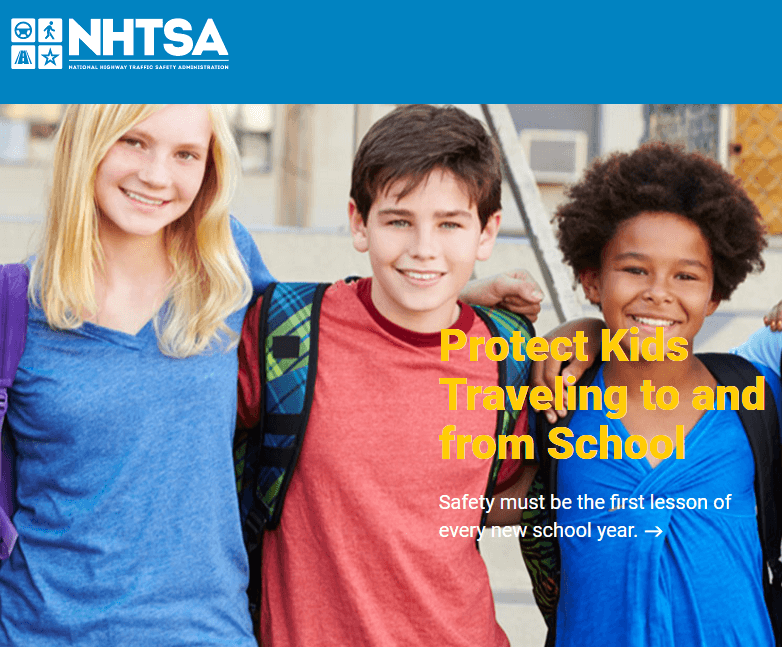From Guest Blogger Amanda Sparks: Five Reasons To Put More Emphasis On Ecology in Education

We can clearly see that the pollution levels are rising with each year, seemingly making ecological education worthless. How can we raise awareness of ecology in education and implement it better in order to educate our children about the problems we all face?
Growing ecological concerns
Environmental science has always provided us with answers if we raised the proper questions. While global warming and climate change as a general topic isn’t anything new, young children barely have a grasp on what’s going on.
Yearly seasons are barely keeping it together with winters turning into summers and summers becoming unbearably hot. This has huge effects on ecology and environment as a whole, meaning that we can expect thunderstorms, droughts, wildfires and wildlife migrations.
Can we really keep up with not implementing ecology properly into our education systems and focus solely on math, sports or music classes? Not to neglect any of these sciences, but growing concern for ecology needs to be addressed from the ground up.
Open-minded attitude
It’s no secret that no child is an environmentalist at its early stages. The good news is that every child has the capabilities of grasping important, life-changing concepts if they are presented properly.
Educating our professors and teachers about climate change and having them teach children are a good start to solve the issue at hand. Children will accept any message that their teachers send simply because they are told to do so at home.
Communicating the intent of teaching kids about ecology and environmental preservation to the parents is also important. If we are to educate young minds in order to make them socially-aware, we must have the support of their parents as well. Changing the way people think is very difficult, but young minds are our best option when it comes to making a permanent change.
Implementing technology in classes
Using computers, tablets, projectors and similar digital devices in order to communicate the findings of environmental science to the kids is a great way to work together. Children are curious by nature and using such devices instead of analogue methods such as notebooks and dry discussion will make them pay close attention.
Funding such prospects is another matter however. While it may be easy enough to find a professional writing service and create presentations for the children, having the support of school boards and investing into new technologies with ecology in mind can be difficult.
As humans, we are always focused on today, without thinking what tomorrow might bring. Once the ecology becomes so destroyed that we can’t go back to previous stages, it will be too late to invest into technology for teaching purposes.
Outdoors exercises
One of the benefits of working with children is their openness to change, even when it comes to getting out of the classroom. Being able to lead your classroom outside, even into the local park, will ensure that they get a much clearer picture of what being an environmentalist is all about.
Teaching children about biology, nature and environment while being in a natural environment would have great effects on their comprehension and attention. Children like being outside after all – why not use that to our advantage and teach them through practical exercises? It would be a much welcome change of pace despite the walk/drive it would take to get there.
Influencing a generation
The most important reason for including ecology and environmental sciences into school curriculums is the fact that we are slowly dying as a planet. Something like that can hardly be matched by NGOs and volunteering organizations.
Teaching young minds all over the world about the perils of destroying our environment and what they can do to stop it will change an entire generation. Once those same kids are of age, they too will teach the next generation to be aware of their environments.
Being an environmentalist isn’t anything bad, it’s a way of life that represents everything we are trying to accomplish as eco friendly citizens of this planet. Why not help our children do the same alongside us?
Final thoughts
Implementing ecology into existing curriculums would be a hard and treacherous road. However, it is something we all have to do if we want to have an environmentally friendly generation of children roaming the planet.
The sooner we start teaching them about recycling, pollution and climate changes, the sooner they will start to act upon it. Starting small is better than not starting at all, so do your best to raise awareness in your local environment and help the kids do their part.

Craig,
It’s odd thing about education, what to one person is valuable education to another is unwelcome politically motivated indoctrination.
The problem with teaching environmentalism, especially climate change, is the inevitable confusion of allowing political ideology and propaganda to be disseminated under the guise of education.
Evangelism, disguised as science is the prerogative of parents, not educators.
Perhaps, in your Brave New World you could have the children keeping records and reporting on any aberrant behavior by dissidents such as errant parents or people they dislike ?
Beware, camp fires can quickly turn into bonfires and book burning.